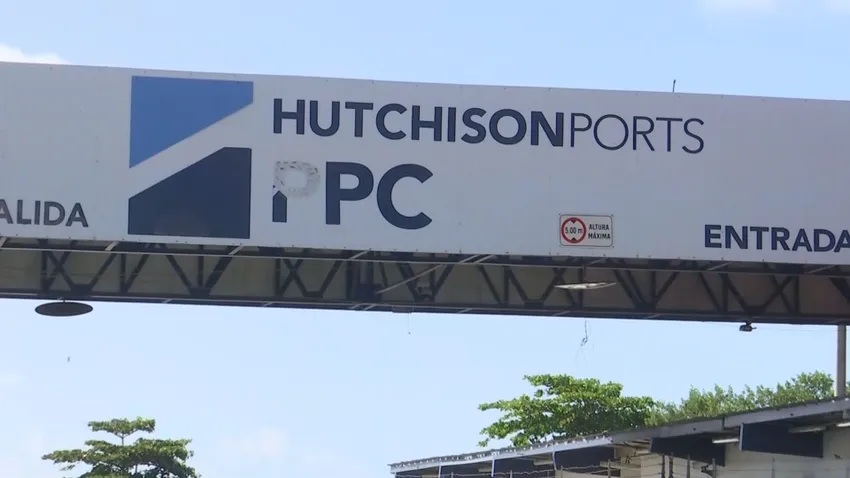When change means getting a new car — tax free


From the Sidelines
In the era of change much remains the same, and Panama’s legislators continue to use legal loopholes to feed at the public trough.
Their self serving actions have been condemned by church leaders and citizen watchdog groups, but those denunciations are like pouring water over a duck’s back in the middle of a Panamanian dry season rainstorm … and we’ve had enough of those recently.
While members of the general public have to dig deeper into their pockets to cope with the increased cost of living, partly fueled by the rise in sales tax from five to seven percent, the very legislators who imposed the raise, benefit even more.
You may not have noticed the extra dollar or two on your latest dinner outing, although with the constant escalation of prices in restaurants, you may be helping to fight the battle of the bulge by reducing your dining out experiences.
But if you have been looking around car show rooms, the extra tax dollars on your purchase begin to look pretty substantial.
However, courtesy of some of our politicians, you don’t need to visit a showroom to see just how much extra you will have to pay. Just look at the car purchases of some of those who claim to walk in the shoes of the people. Why walk when you can drive?
During the last 18 months, the public purse should have been $374,298 fatter, but a provision that allows legislators to import vehicles without paying duty has left that money in never never land.
And those who have their hands on the wheels of power are not ashamed to indulge their tastes when it comes to car purchases. No Chinese midgets or low end Kia's for them. Rubén Frías, of La Chorrera, bought a vehicle for $59,315, avoiding a tax bill of more than $13,000.
José María Herrera, a member of the Panameñista party, part of the ruling coalition for change, purchased a vehicle that cost just under $100,000, and avoided paying almost $25,000 in tax.
According to La Prensa, National Assembly President José Muñoz Molina defended the practice, saying legislators needs the vehicles to travel from their districts to Panama City. He said that the state does not provide them with vehicles, as it does with other officials, such as ministers. Maybe he was thinking of the scores of government employees booked for joy riding in government vehicles during Carnaval.
Yes it’s a long drive from Chorrera, but the shoes of many of the people head for the bus lines, and others pay their own gas and maintenance to drive to work, mostly less financially rewarding than those who occasionally show to exhibit their new acquisitions.
In 2009, Panameñista legislator Jose Luis Varela, as president of the Assembly, introduced reforms to the tax exemption. But those heading for the trough made sure they wouldn’t be approved. They had lots more to say about that move than they did while rubber stamping the notorious sausage and mining bills.
Patrick Hanssens, director of the Pastoral Social of the Catholic Church, said that it is not "ethical" for legislators to grant themselves benefits.
"They are public servants, they should worry about the needs of the people," he said. "This is not ethical nor is it an example of austerity."
What makes me think they are not listening?





